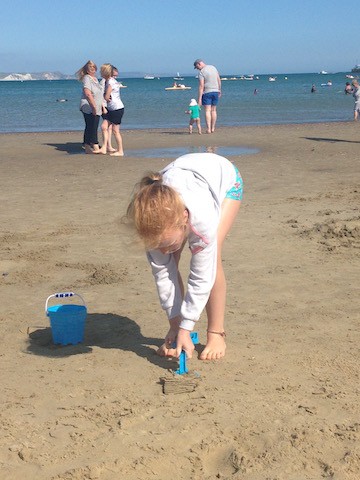<link href="https://cdn.sur.ly/widget-awards/css/surly-badges.min.css" rel="stylesheet">
<div id="surly-badge" class="surly__id_56779743 surly-badge_white-gradient" onclick="if(event.target.nodeName.toLowerCase() != 'a' && event.target.parentElement.nodeName.toLowerCase() != 'a') {window.open('https://sur.ly/i/parentingwithouttears.com/'); return 0;}">
<div class="surly-badge__header">
<h3 class="surly-badge__header-title">Content Safety</h3>
<p class="surly-badge__header-text">HERO</p>
</div>
<div class="surly-badge__tag">
<a class="surly-badge__tag-text" href="https://sur.ly/i/parentingwithouttears.com/"> parentingwithouttears.com </a>
</div>
<div class="surly-badge__footer"> <h3 class="surly-badge__footer-title">Trustworthy</h3> <p class="surly-badge__footer-text">Approved by <a href="https://sur.ly" class="surly-badge__footer-link">Sur.ly</a> </p> </div> <div class="surly-badge__date">2023</div>
</div>
 As well as the positive impact on stressful situations, a survey by beach holiday specialists On the Beach revealed the childhood memories that stick in the mind most vividly, with school trips coming out on top, with nearly three quarters of Brits remembering these days out. However it is the carefree days of swimming in the pool on holiday that came out on top of happy childhood memories.
As well as the positive impact on stressful situations, a survey by beach holiday specialists On the Beach revealed the childhood memories that stick in the mind most vividly, with school trips coming out on top, with nearly three quarters of Brits remembering these days out. However it is the carefree days of swimming in the pool on holiday that came out on top of happy childhood memories.
The holiday company has collaborated with Peter Kinderman, Professor of Clinical Psychology at the University of Liverpool and honorary consultant clinical psychologist with the NHS, who has provided insight into how memories are constructed - and advice which may help people remember life’s best moments more clearly.
“We construct our memories and they are not an exact reflection of reality. Memories aren’t like films, they are more like a cartoon that you redraw every time that you recall something. We’re constructing memories all the time, so kids will build a picture of childhood and a picture of their parents and a picture of what their summer holidays were all about.
“We are constantly building up this picture of who we are and weaving experiences into the story of our life. One experience of eating calamari on holiday won’t necessarily add one percentage point to your happiness, but the overall experience may have all the elements of creating a happy memory: the eating of calamari, the laughing of the juggler, and the fact that the sun didn’t set until 10pm, and the fact that your parents were relaxed, and it was during that holiday that you kissed a boy for the first time… those things you weave into the story of your life, and that’s how memories work.”
Dr Kinderman’s comments on multi-sensory experiences and how they aid memory provide valuable insight into how memories are constructed and consolidated, and Peter has recommended a meditation tip which may help us to remember special moments more clearly.
The 5-4-3-2-1 meditation method is a popular practice which helps people ground themselves in a moment. The method is traditionally used by anxiety sufferers as it is a way of regaining control over thoughts, but Peter says parents can also use it to help keep precious family memories fresh in their minds.
The method recommends focusing on five things you can see, four things you can hear, three things you can feel, two things you can smell and one thing you can taste. By using all the senses to savour a moment, Peter says it is more likely to stay in the memory.
Peter said: “For example if you are on holiday, you could say to your child: “Isn’t this nice? Wearing your favourite dress and watching the sun go down while the waves lap the sand on the beach. And can you hear those birds singing and the crickets in the background?” Or: “look at that juggler over there, and can you feel the sand underneath your toes and that lovely cool breeze?”
“If you want to hang on to those wonderful childhood memories of your children, and if you want your children to also retain those memories so that they can incorporate them into a story about their life and childhood, then doing this method is a great way of doing so.”
How to use the 5-4-3-2-1 method to consolidate happy memories with your children